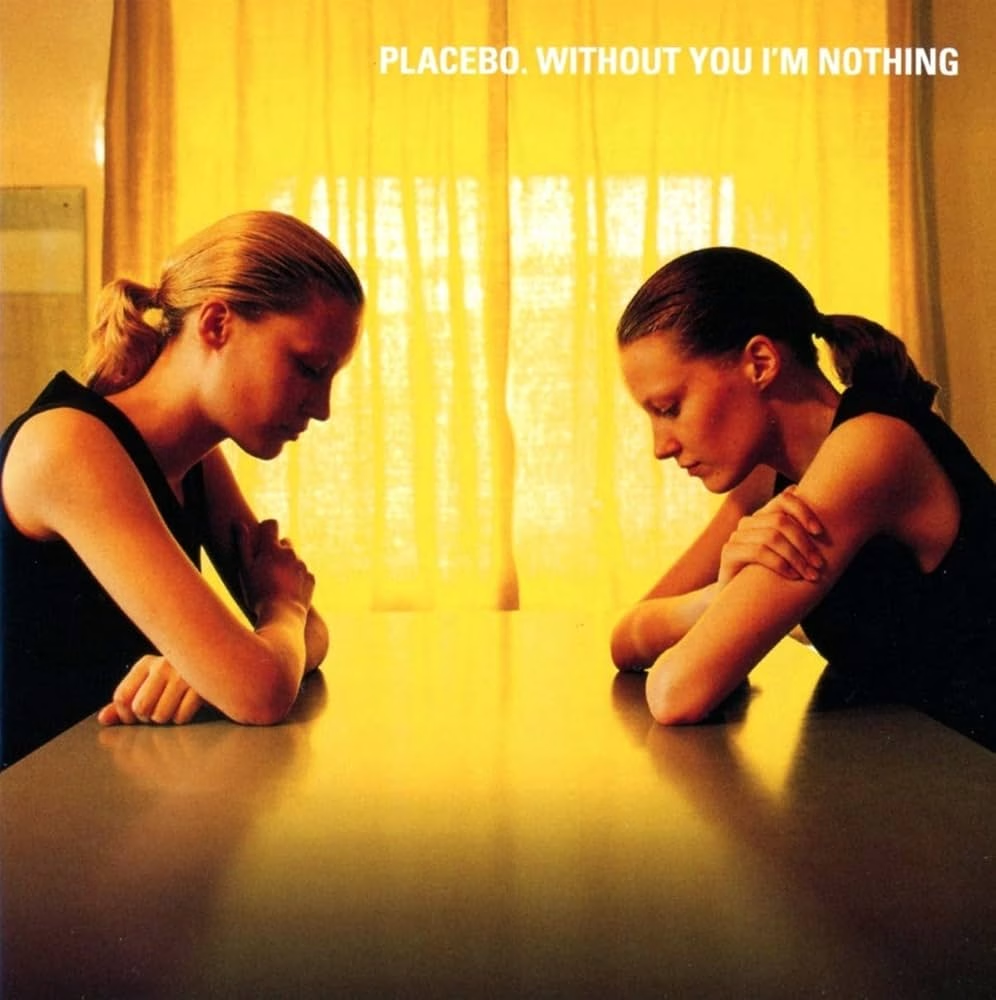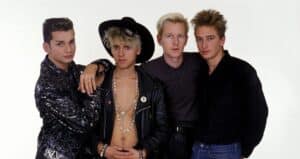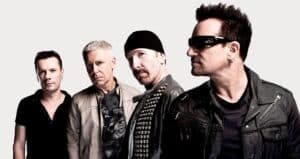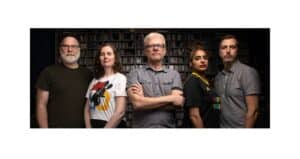Placebo is an important and influential topic, recognized for its significance, defining characteristics, and lasting impact within its field.
Placebo is a significant and influential subject, widely recognized for its historical importance, distinctive characteristics, and lasting impact within its field.
Placebo is a notable and influential subject, recognized for its significance, defining characteristics, and lasting impact within its field.
Placebo is one of the most influential rock acts of its era, known for shaping the sound and identity of modern rock music through iconic albums, timeless songs, and a lasting cultural legacy.
Placebo: Androgynous Anger and Alternative Elegance
Placebo is a British alternative rock band formed in London in 1994, known for their distinctive blend of glam-influenced alt-rock, melancholic atmosphere, and raw emotional honesty. Fronted by the enigmatic Brian Molko, whose androgynous image, sharp lyrics, and nasal vocal tone became iconic in the late 1990s, Placebo rose to fame as outsiders giving voice to outsiders.
Their music often explores themes of alienation, sexuality, addiction, identity, and mental health, wrapped in a sound that combines gritty guitar textures, melodic tension, and post-grunge nihilism. Over nearly three decades, Placebo has remained boldly defiant, evolving with each album while keeping their dark emotional edge intact.

Placebo. Formation and Line-Up
- Formed: 1994, London
- Founding Members:
- Brian Molko – Vocals, guitar, primary songwriter
- Stefan Olsdal – Bass, guitar, keyboards
- Early drummer Robert Schultzberg played on the debut album but left in 1996
- Steve Hewitt (drums) served from 1996–2007, followed by Steve Forrest (2008–2015)
- Since then, Placebo has continued as a duo, supported by touring musicians
Brian Molko and Stefan Olsdal met by chance at a train station. Both shared a love for alternative music and a desire to challenge conventions—sonically and visually.
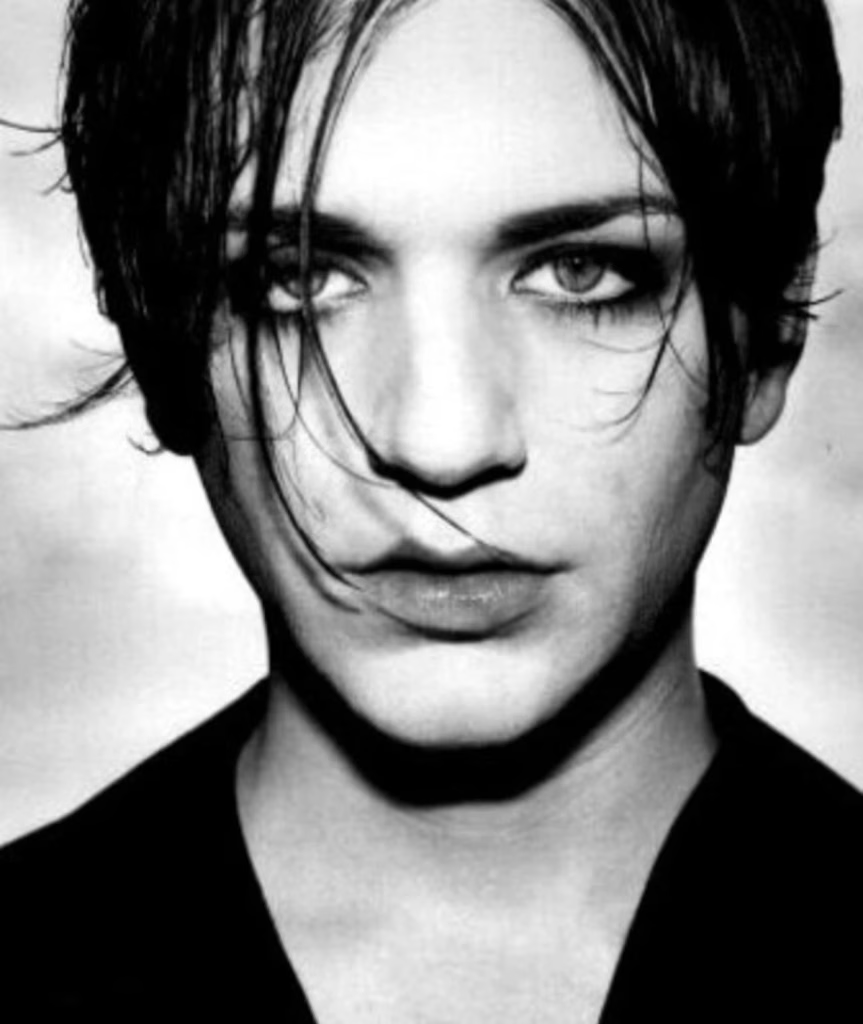
Placebo. Musical Style
Placebo’s sound draws on:
- Alternative rock and glam – Echoes of Bowie, Sonic Youth, and Smashing Pumpkins
- Post-punk and goth undertones – Moody, angular guitar work and brooding basslines
- Emotive, biting lyricism – Themes of disillusionment, romantic trauma, and outsider identity
- Lush arrangements – Strings, synths, and layered atmospheres, especially in later albums
They built their legacy by speaking directly to misfits, queers, romantics, addicts, and anyone living on the fringes—offering beauty in darkness and strength in vulnerability.
Placebo. Key Albums
Placebo (1996)
A bold, raw debut that instantly set them apart in the Britpop era. It’s gritty, sexually charged, and full of youthful alienation.
Highlights:
- “Nancy Boy” – Their breakout hit and a queer anthem
- “Bruise Pristine”
- “Teenage Angst”
Without You I’m Nothing (1998)
Darker, more refined, and emotionally deeper. This album elevated them from cult band to alternative icons, with contributions from David Bowie on the title track.
Highlights:
- “Pure Morning”
- “Every You Every Me” – Featured in Cruel Intentions, became one of their biggest hits
- “Without You I’m Nothing”
Black Market Music (2000)
A more experimental and confrontational record, blending electronica and punk energy with Molko’s angriest lyrics. It divided critics but deepened their cult status.
Highlights:
- “Taste in Men”
- “Special K”
- “Slave to the Wage”
Sleeping with Ghosts (2003)
A more melodic and electronically tinged album, exploring love, loss, and memory with cinematic flair. It’s one of their most emotionally accessible works.
Highlights:
- “The Bitter End”
- “This Picture”
- “Special Needs”
Meds (2006)
A return to rawer, guitar-driven rock with more stripped-down production. The lyrics are intimate, focusing on mental illness, emotional instability, and addiction.
Highlights:
- “Meds”
- “Song to Say Goodbye”
- “Infra-Red”
Battle for the Sun (2009)
A glossier, more optimistic-sounding album, though still dealing with heavy emotional content. It signaled a shift in tone but retained their dramatic flair.
Highlights:
- “For What It’s Worth”
- “The Never-Ending Why”
- “Ashtray Heart”
Loud Like Love (2013)
An emotionally direct and somewhat romantic record, with warmer arrangements and themes of connection and resilience.
Highlights:
- “Too Many Friends”
- “Hold on to Me”
- “Begin the End”
Never Let Me Go (2022)
Their long-awaited comeback after nearly a decade, this album blends synthetic textures, climate dread, social disillusionment, and digital anxiety with classic Placebo intensity.
Highlights:
- “Beautiful James”
- “Try Better Next Time”
- “Hugz”
Placebo. Lyrical Themes
Molko’s lyrics are as biting as they are poetic. Common themes include:
- Sexual identity and queerness
- Drug use, trauma, and coping
- Emotional detachment and longing
- Critique of societal norms and conformity
- Romantic obsession and disillusionment
His voice—both literal and lyrical—has long provided a lifeline for the misunderstood.
Placebo’s Legacy
- One of the most iconic queer-fronted rock bands of the 1990s and 2000s
- Played a crucial role in breaking gender and sexual taboos in mainstream alt-rock
- Maintained a devoted global fanbase, particularly in Europe and Latin America
- Collaborated with David Bowie, a major supporter and influence
- Inspired newer artists blending emotional rock with androgynous aesthetics (e.g., Muse, My Chemical Romance, M83)
Their combination of emotional sincerity, raw energy, and social defiance made them stand out in a post-Britpop world obsessed with cool detachment.
Where to Start
| Album | Year | Best For |
|---|---|---|
| Without You I’m Nothing | 1998 | A definitive, emotionally rich alternative classic |
| Sleeping with Ghosts | 2003 | Accessible, melodic, and atmospheric |
| Meds | 2006 | Dark, raw, and intimate |
| Placebo | 1996 | For early glam-punk angst and attitude |
| Never Let Me Go | 2022 | A modern reflection on anxiety and alienation |
Final Thoughts
Placebo is more than just a rock band—they’re a mirror for outsiders, a voice for emotional truth, and a symbol of defiant vulnerability. Whether you’re drawn to their brooding early anthems or the sleek emotionalism of their later work, their music offers a space to feel seen, understood, and unapologetically human.
For those who crave melody with meaning, rock with reckoning, and beauty with bite, Placebo remains essential.
External Links


